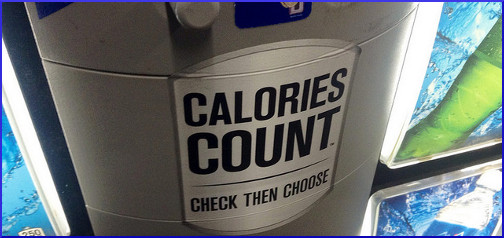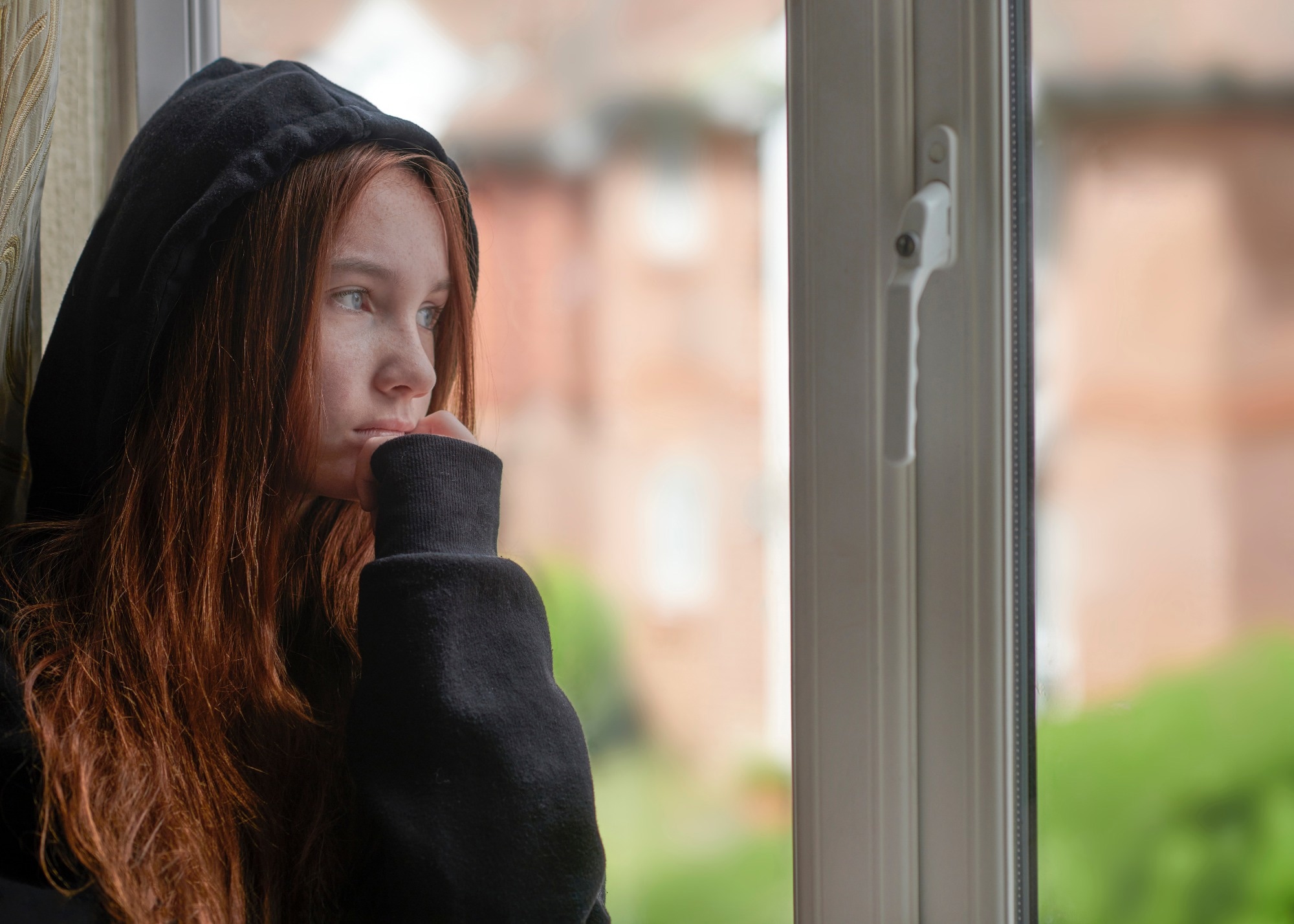MyFitnessPal is a popular phone app that reveals the number of calories in a serving of any of the 5 million foods whose vital statistics are stored in database. When Randy Dotinga wrote about a study focusing on the app, he noted that the study “doesn’t conclusively debunk” the app, but that it wasn’t clear if the app actually helped anyone lose weight. The interesting thing is that the study author was Dr. Brian Yoshio Laing, who did and still does recommend MyFitnessPal to his patients.
Thoughts on this could go either way. As a general rule, it isn’t considered kosher for anyone other than an app’s developers to work on a study of a product or process. Once the thing is out in the world as a commercially available item, a study done by anyone who has a real-life involvement with it is apt to incur suspicion. On the other hand, disclosure is the main thing. Basically, Dr. Laing cared enough to be curious about whether a treatment accessory that he customarily recommended was doing any good. On the financial front, the company that makes MyFitnessPal cooperated with the researchers in other ways, but did not fund the study.
The Trouble With Counting Calories
Users of the app record every morsel of food and drop of drink that passes their lips. Dr. Laing learned that this is a disincentive for some people, because most patients are reluctant to take the time to enter the information and track their calories. He told the reporter that many patients balked at the repetitive task, which takes several minutes. The app also tabulates the amount of energy spent in exercise.
Many participants enjoyed the process of getting feedback from their gadgets. Some were astonished to be confronted with the cold facts about how many calories they routinely, and unconsciously, consumed. Others were pushed into confronting the reality of exactly which foods represented the greatest temptation for them. Dotinga says:
In the study, just over 200 overweight and obese primary care patients in the Los Angeles area were randomly assigned by their doctors to either use the MyFitnessPal app or get regular care. Researchers followed up at six months to see what happened to them….The researchers couldn’t reach many of the patients. Of those who could be tracked, there was no difference between the two groups when it came to changes in weight and blood pressure levels.
Dr. Laing recommended developing an improved version of the app, with a faster, more streamlined information-gathering interface, and features that sound like they might be more difficult to add:
Alternatively, weight-loss apps could assess an individual’s readiness for self-monitoring before using the app and could prepare new users for the potential time commitment.
Primarily, the researchers noticed a behavior pattern that seems fairly widespread among people with weight-loss aspirations: after the first month or two, their enthusiasm wanes perceptibly. As always with a group of humans, individual motivation levels varied. Higher motivation leads to higher compliance, and a much greater chance of success. In general, researchers felt the successful slimmers probably would have lost weight with or without the app.
Your responses and feedback are welcome!
Source: “Calorie-Tracking Apps May Not Help You Lose Weight
healthday.com, 11/17/14
Image by Mike Mozart
SOURCE: Childhood Obesity News – Read entire story here.




